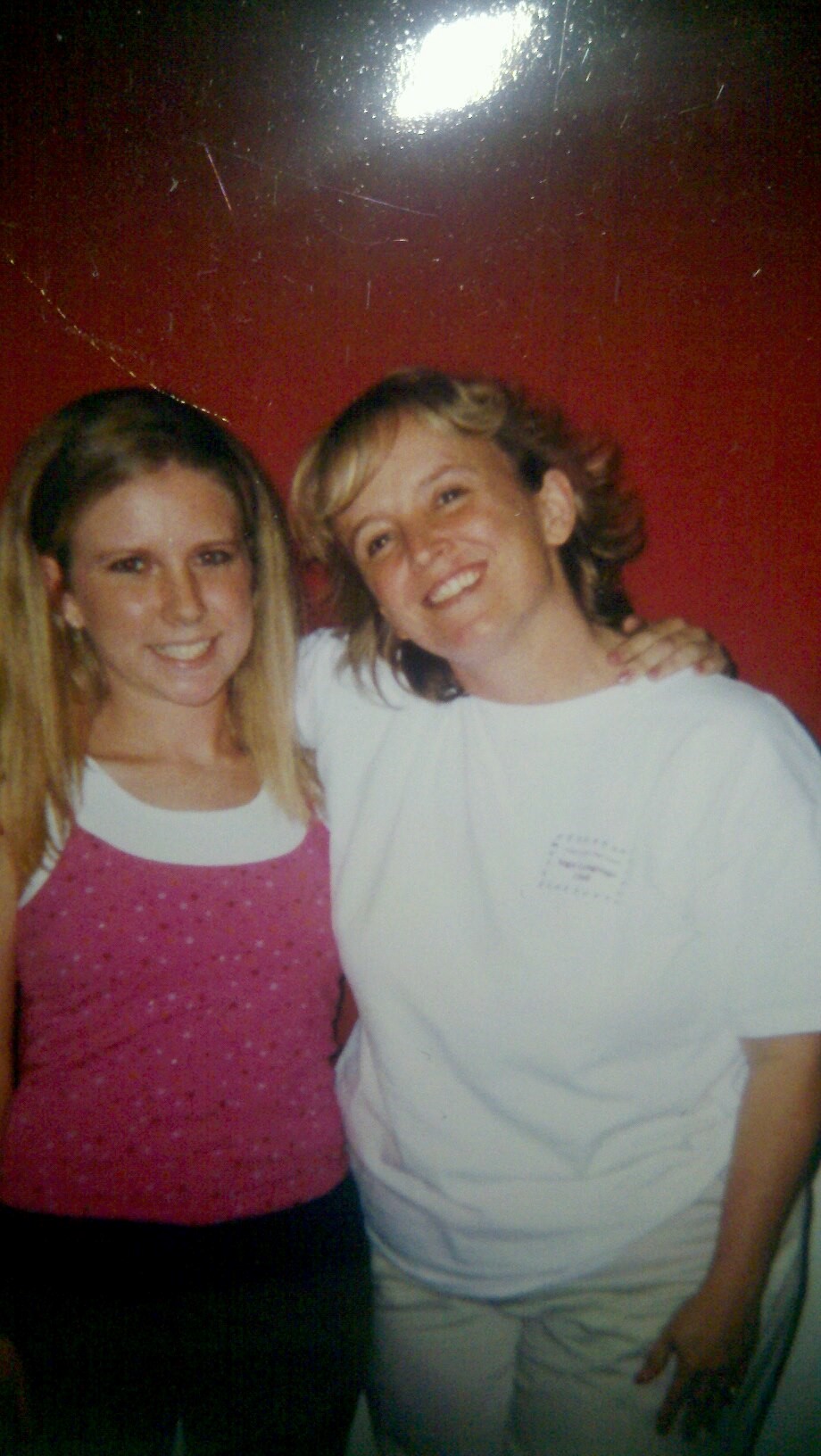I would like you to meet Kimberly Bostick.
I met Kimberly when she was 13 years old and in the seventh grade. I was hired at her public school in Plano, Texas, as her full-time CART (Communication Real-time Translation) provider. The year was 1999.
Over the years of providing CART for Kimberly, I saw the difference that the written word had. And it created in me a desire to become a broadcast captioner to provide words to those whose daily lives benefit from them and to make a difference.
Let me introduce you to Kimberly. She is from Dallas, TX, and she is the only Deaf person in her family. She wasn’t born Deaf but her parents found out at 18 months that she had a hearing loss. At that time, she used a hearing aid. Her family also learned sign language. At Age 11, her parents decided that a cochlear implant was the best choice for her. In school, she had sign language interpreters, and it was wonderful, but it wasn’t enough, so her parents wanted to have a CART writer. That is where I came on board.
Kimberly’s reading levels (approximately four grade levels in one year) increased dramatically by reading the written word on a laptop in her classes as she began to comprehend more the connection between the written word and what the teacher was saying. She continued to use a mixture of CART and sign language interpreters throughout her entire high school time.
At home, captions on the television set were always on. The constant exposure to reading the written word continued to increase Kimberly’s reading and comprehension levels over the years.
In Kimberly’s own words, she feels that captioning is a huge part of her life. Without it, she says, she would struggle to be part of society. Imagine not knowing what is happening in words if you saw pictures of an earthquake or a world disaster on TV. The words connect us and bring us together. Kimberly says, “Captions empower me to make decisions in my life.” This includes giving her information on what products she is interested in and which ones don’t interest her.
Access is also so important. Access makes the playing field and the experience even for the hearing and the HOH (hard-of-hearing) or Deaf individuals. Being able to laugh at a joke on a sitcom with your family or to rejoice in a goal in a soccer game on television is possible with captions.
Quality is so important, of course, to those who are HOH or Deaf. Kimberly is optimistic and feels that the quality has improved and is much faster as far as correcting mistakes when live captioning is scrolling on the screen. I have to tell you, she was always complimentary when I was her CART provider too! She is just a sweet person overall!
I have had the pleasure of keeping in touch with Kimberly since we first met when she was in seventh grade. I feel honoured to have had the opportunity to see her blossom into a wonderful adult.
I am reminded every day to be thankful for the gift of this skill and to remember that the effort that I put into my daily job of providing captions does make a difference to so many.
—
This article was written by Susan Hahaj, one of TCG’s most experienced and qualified broadcast captioners.






